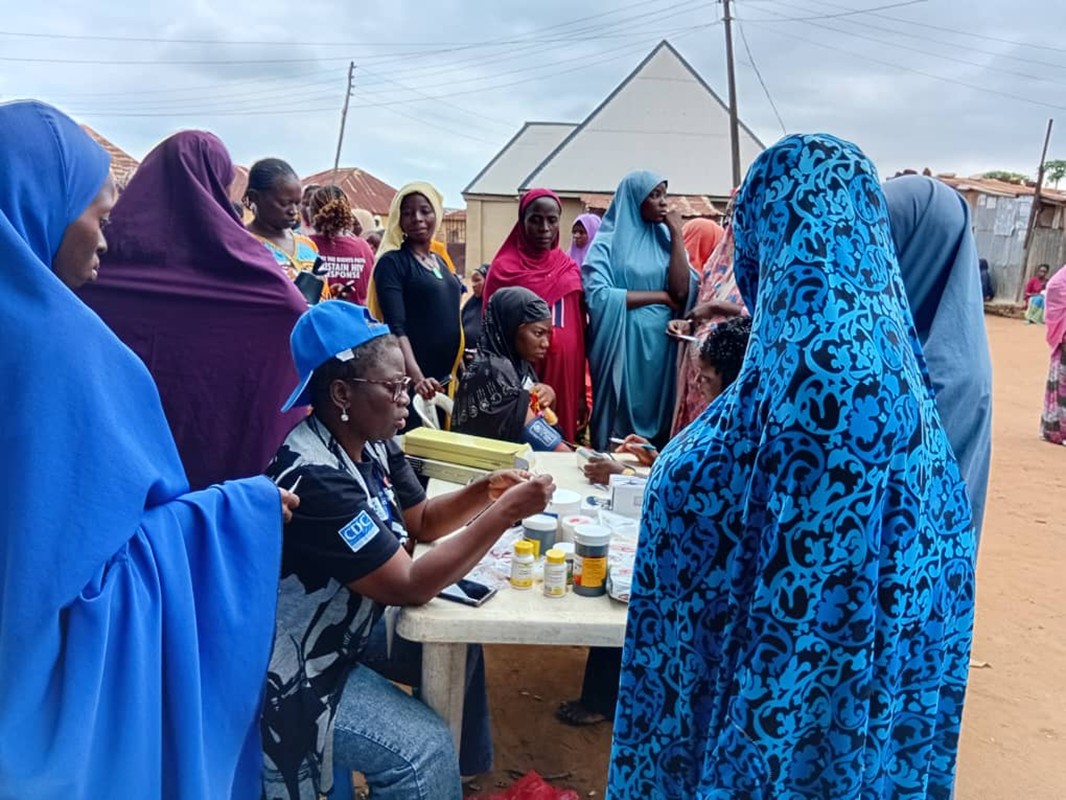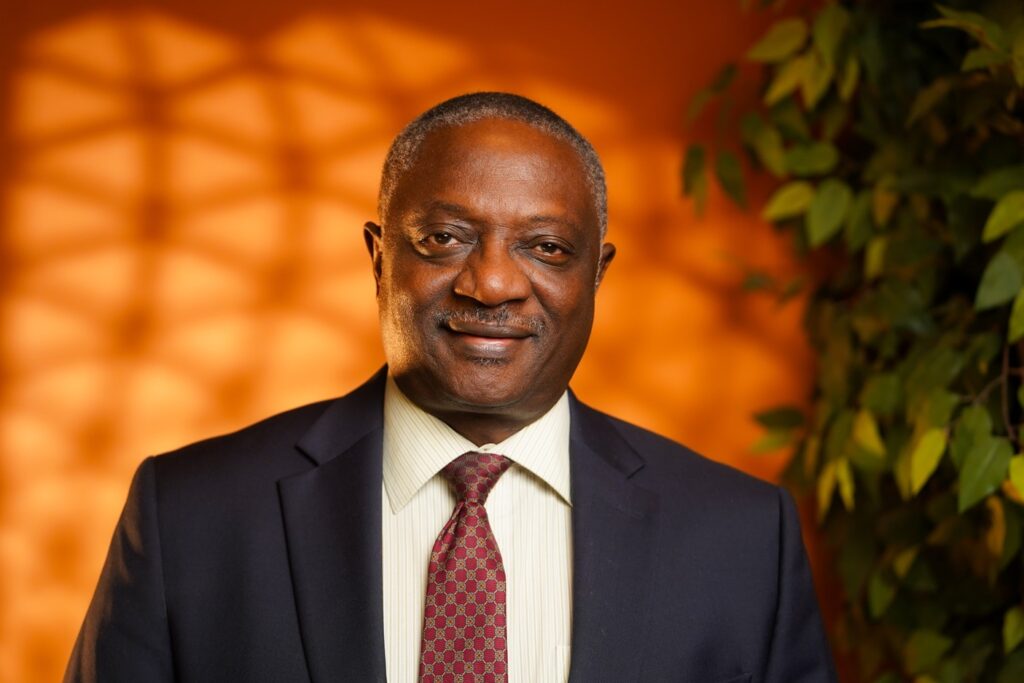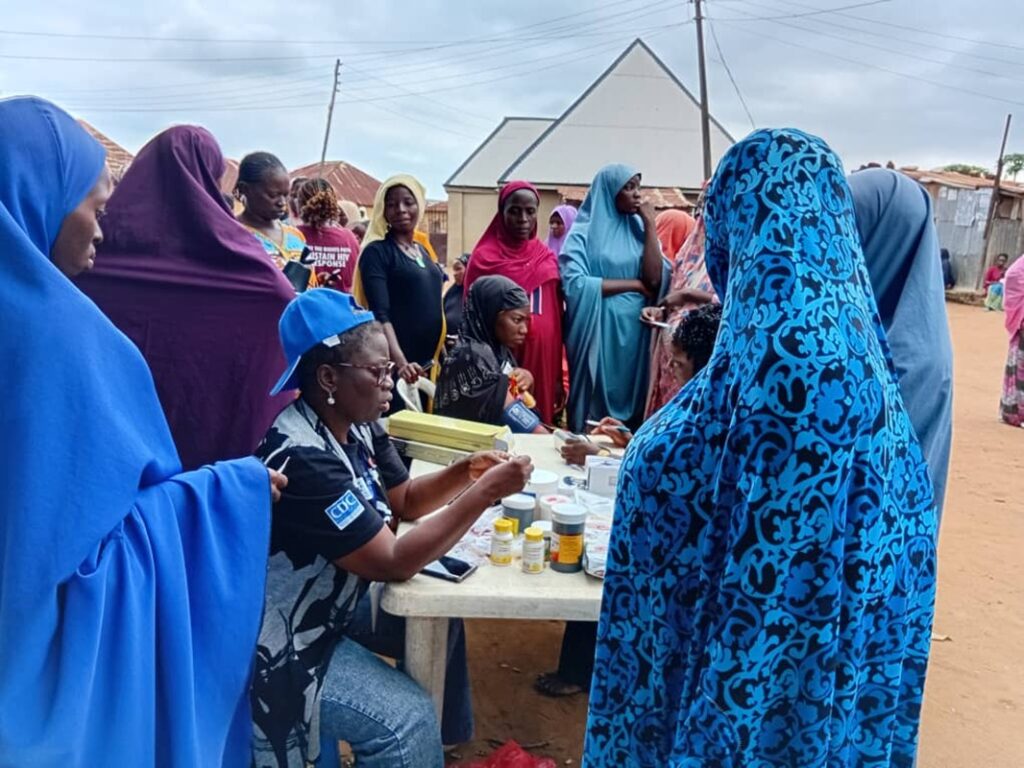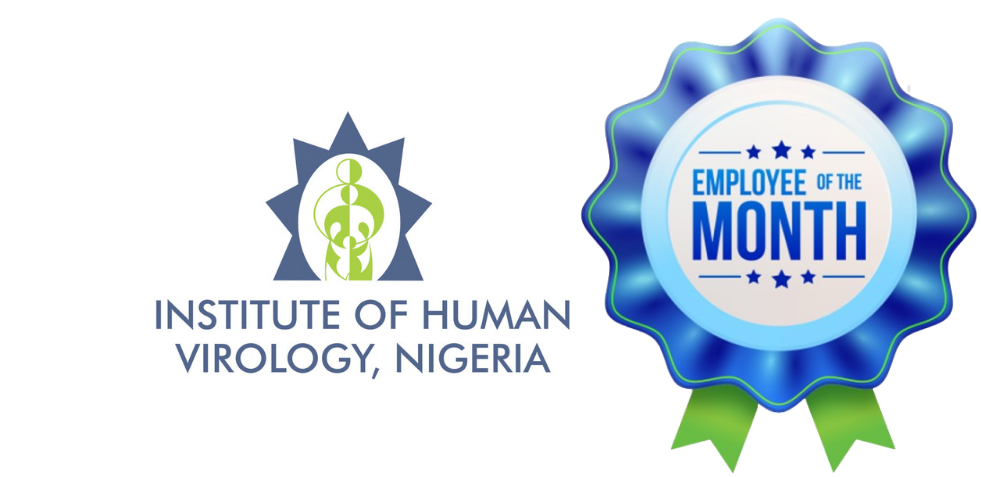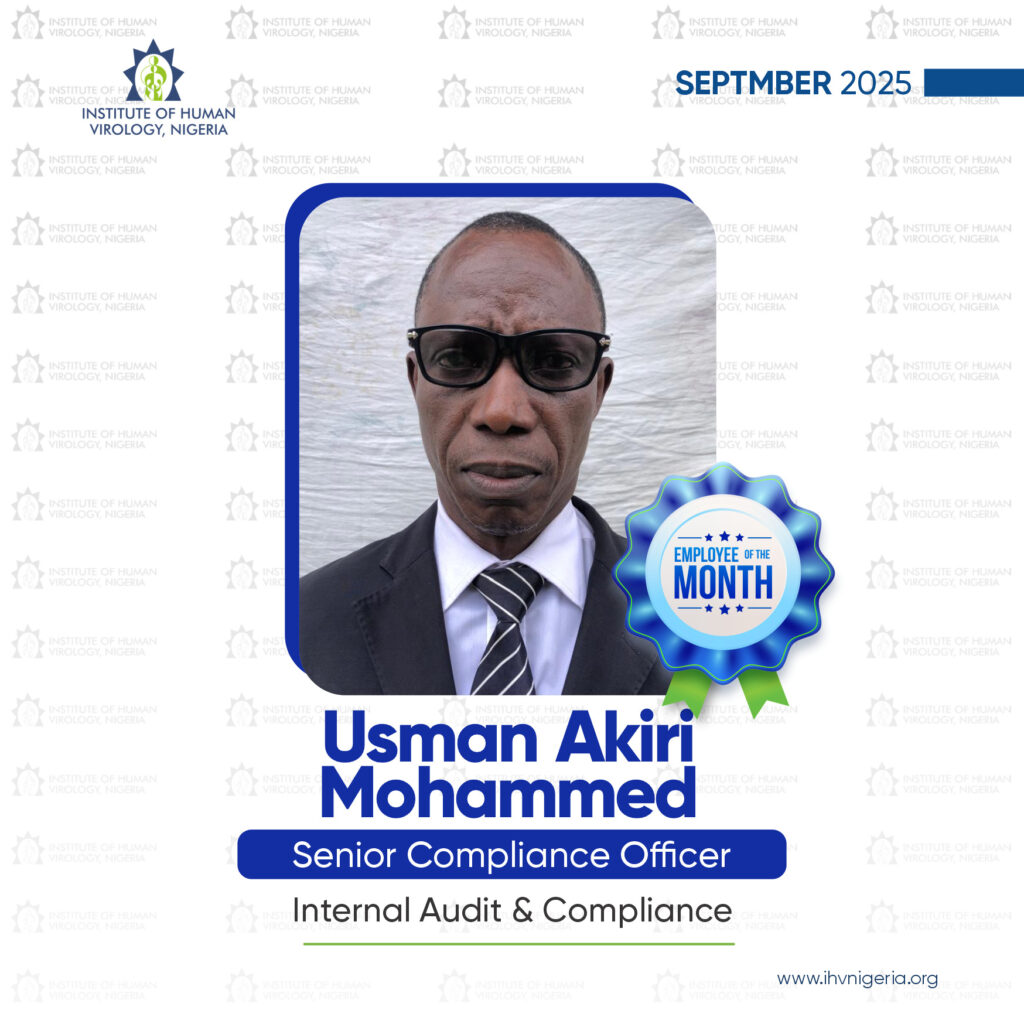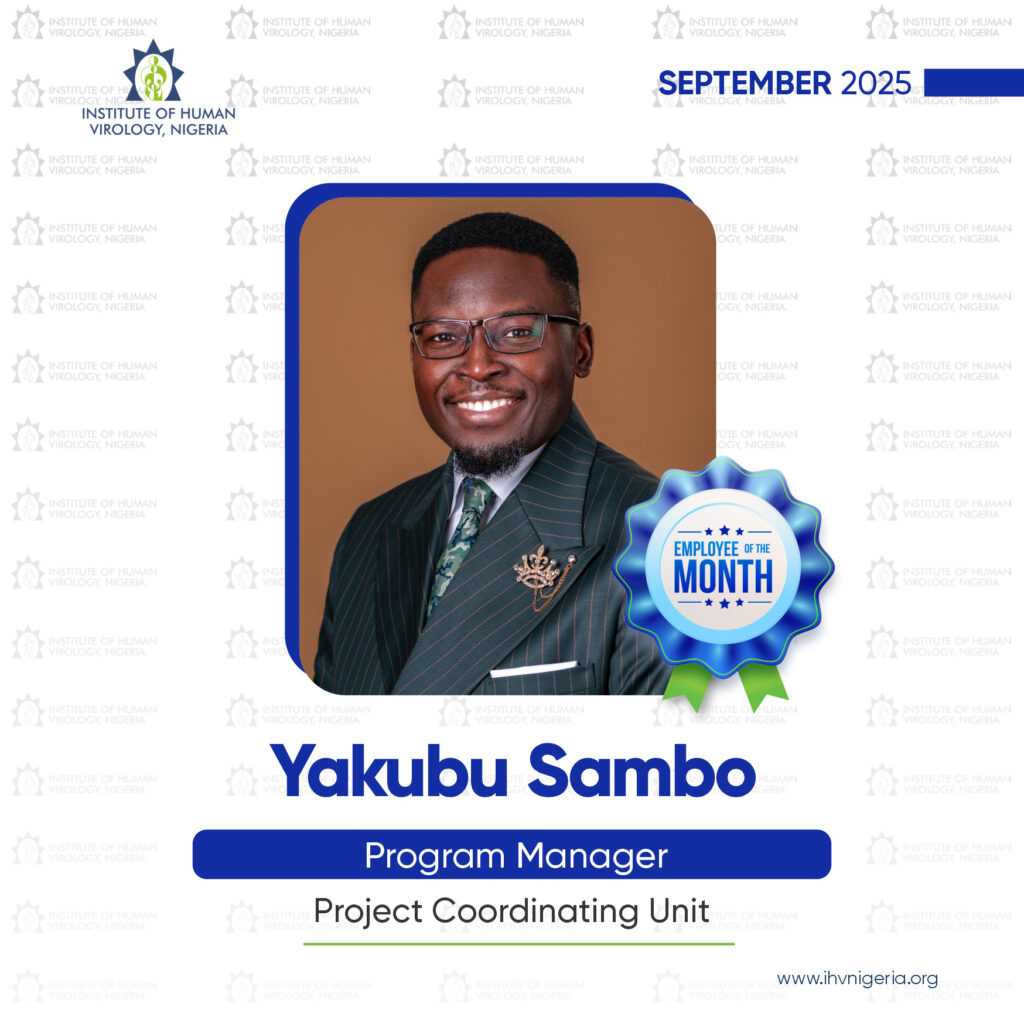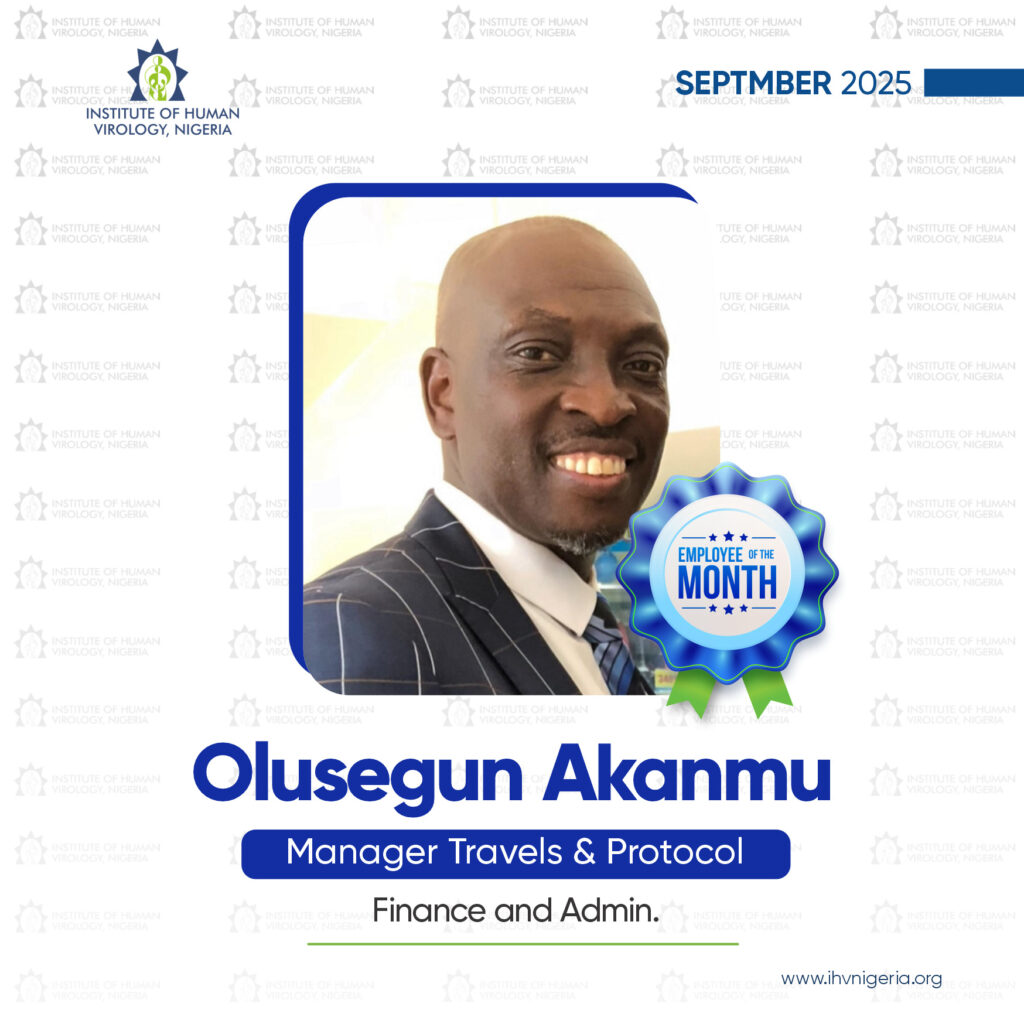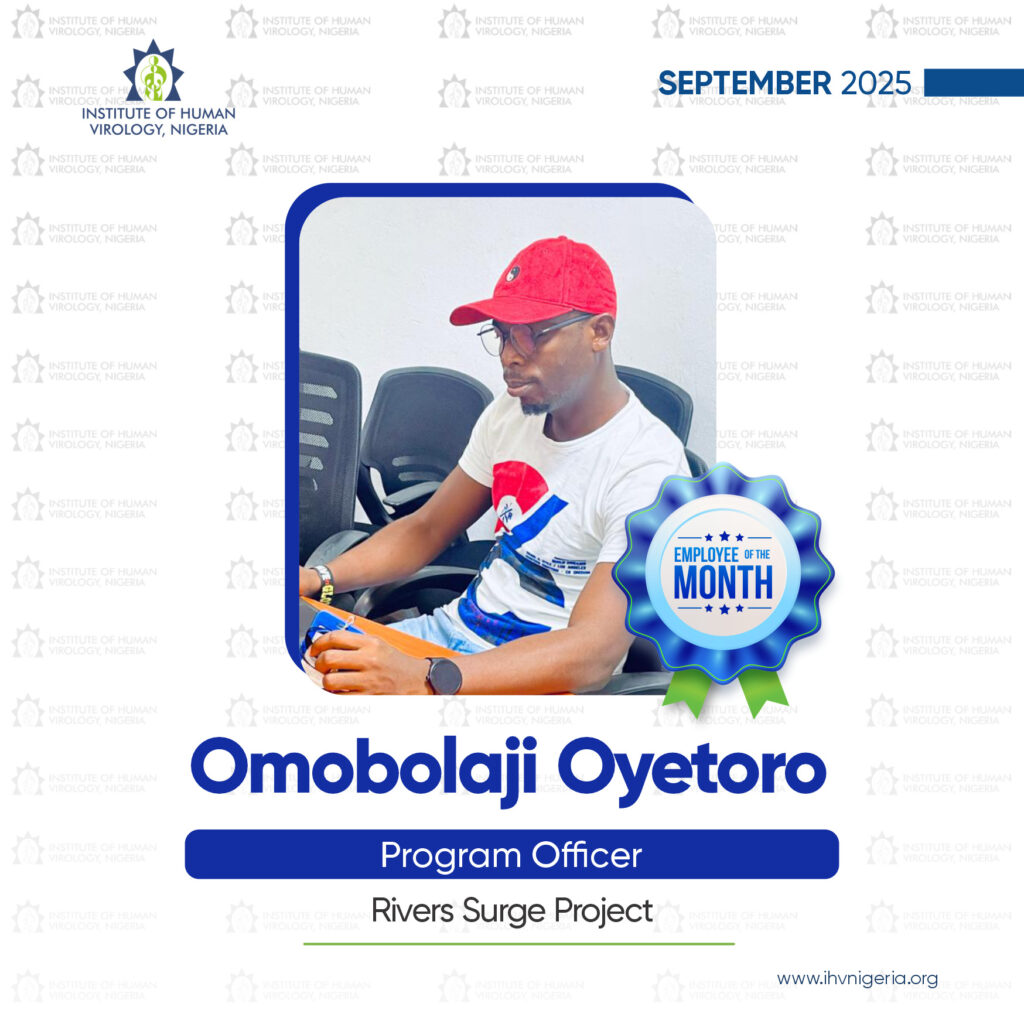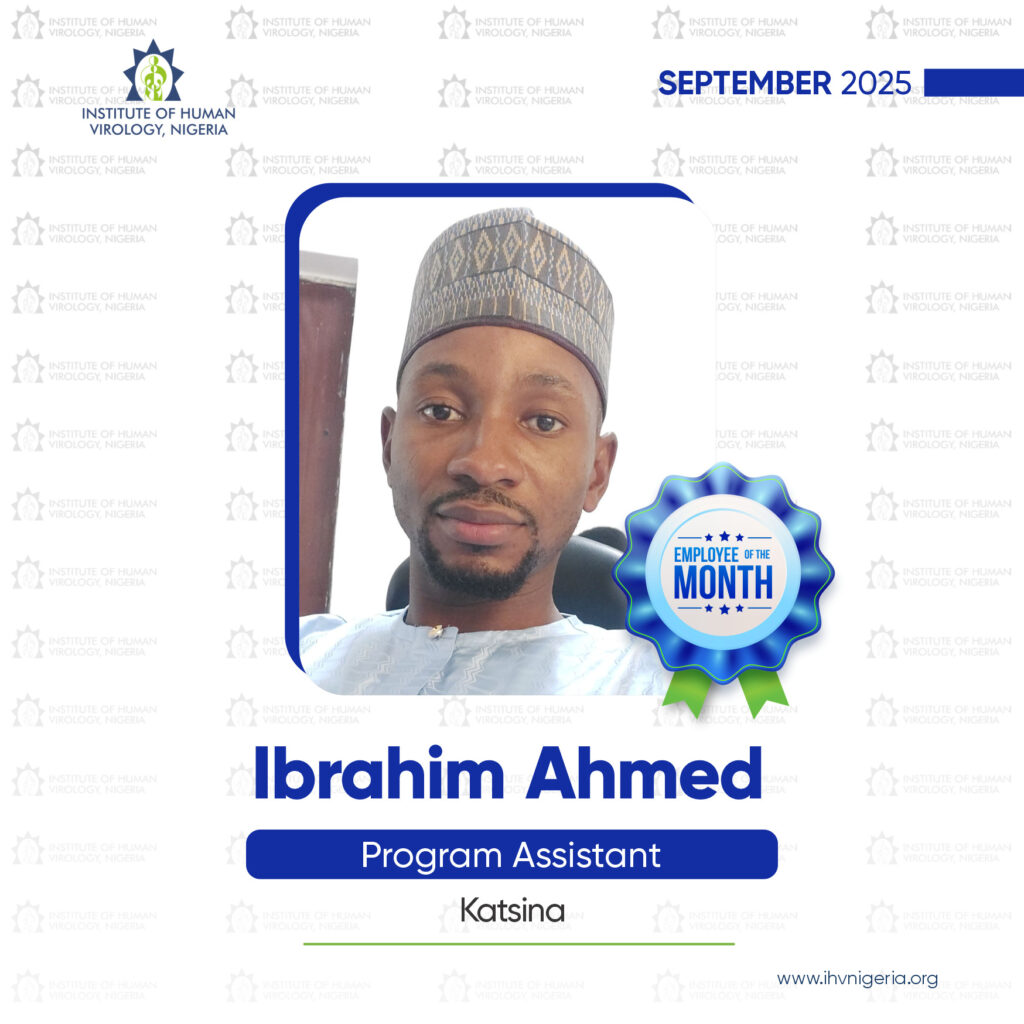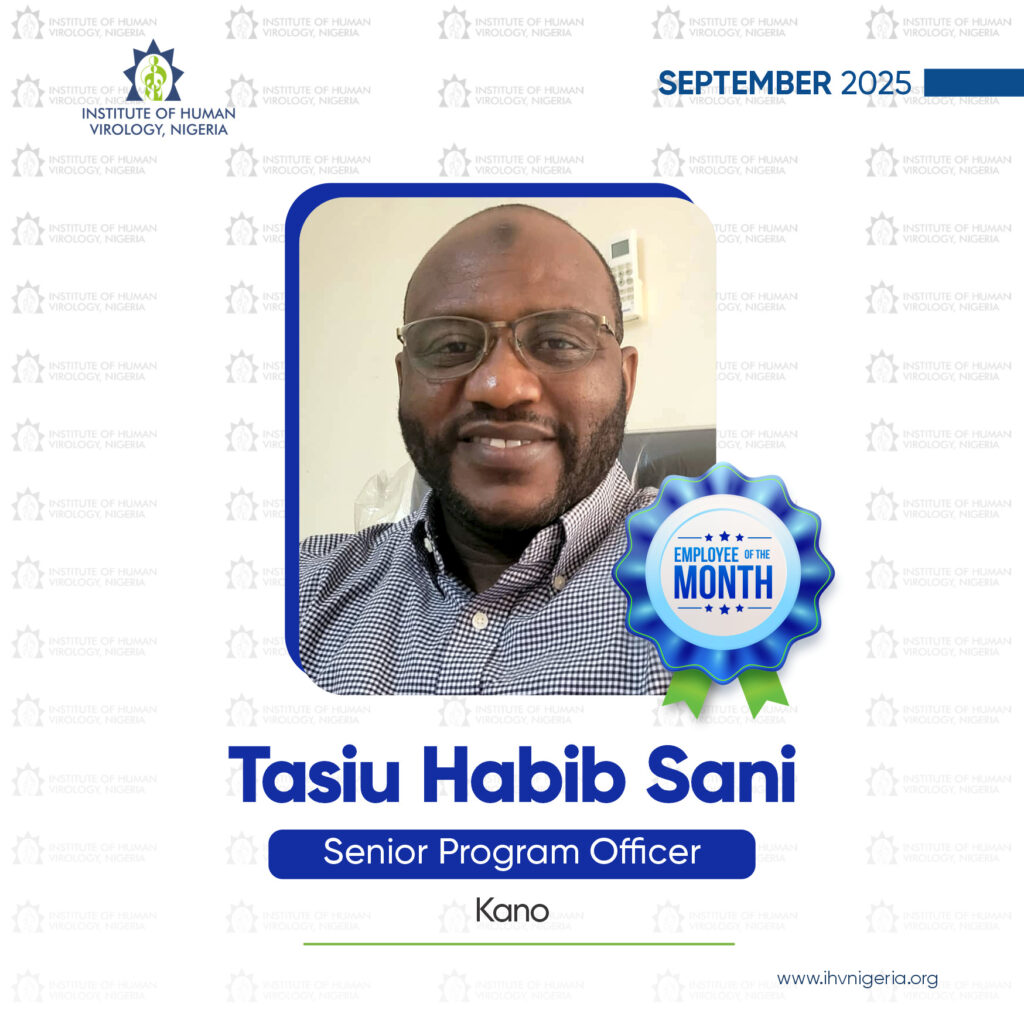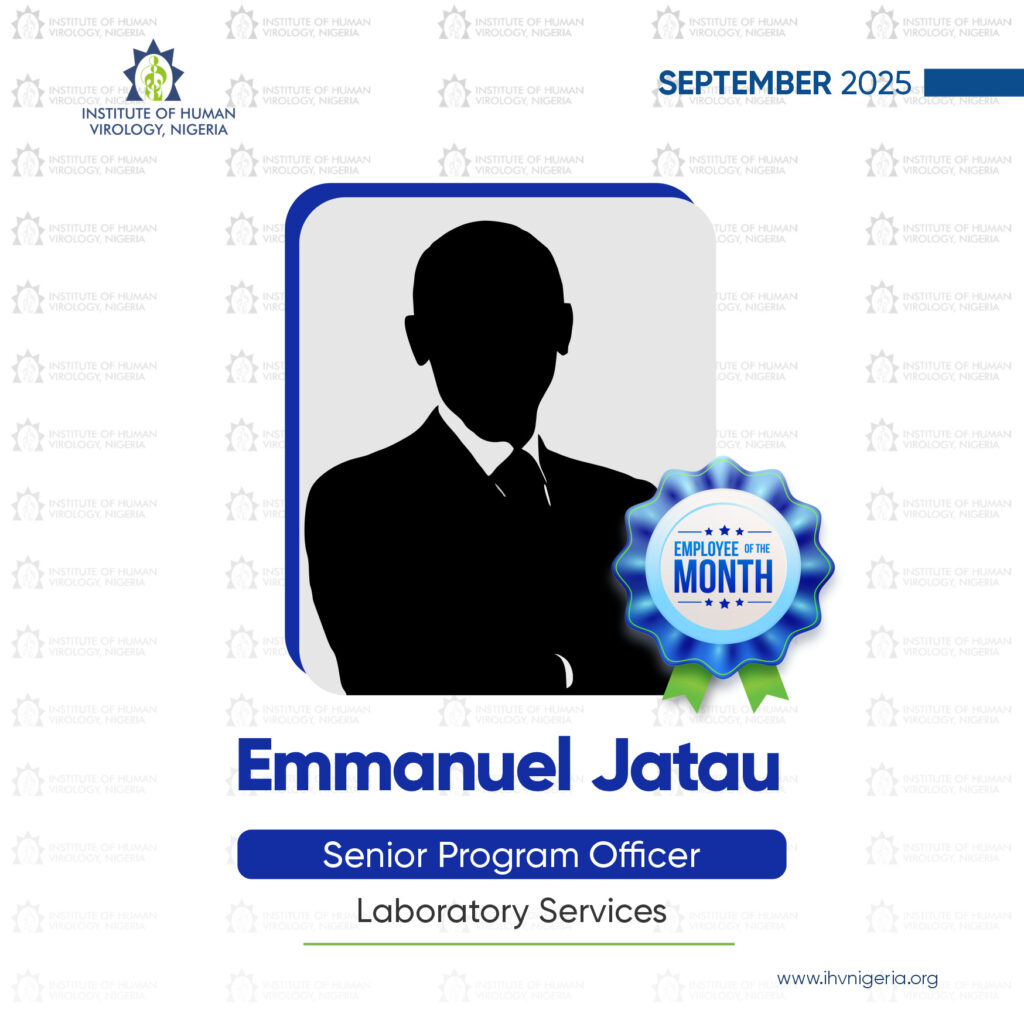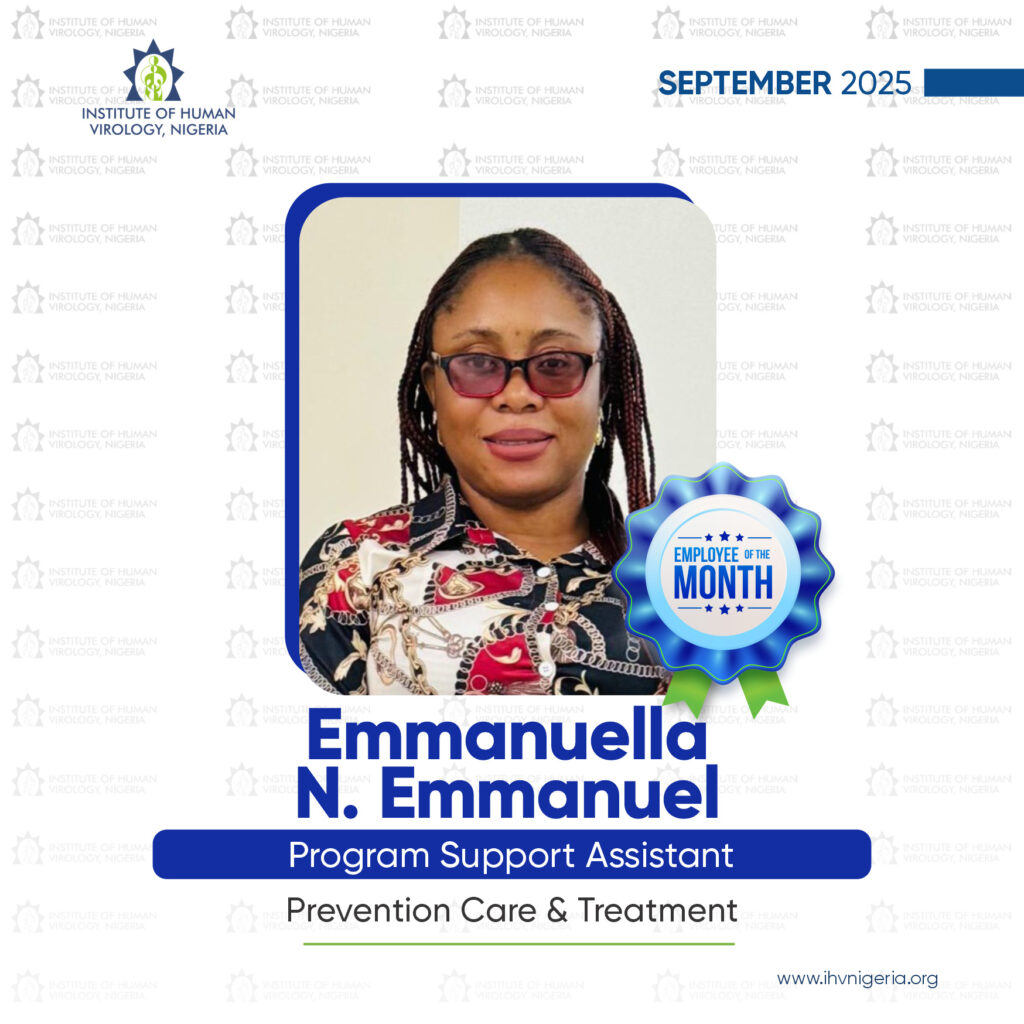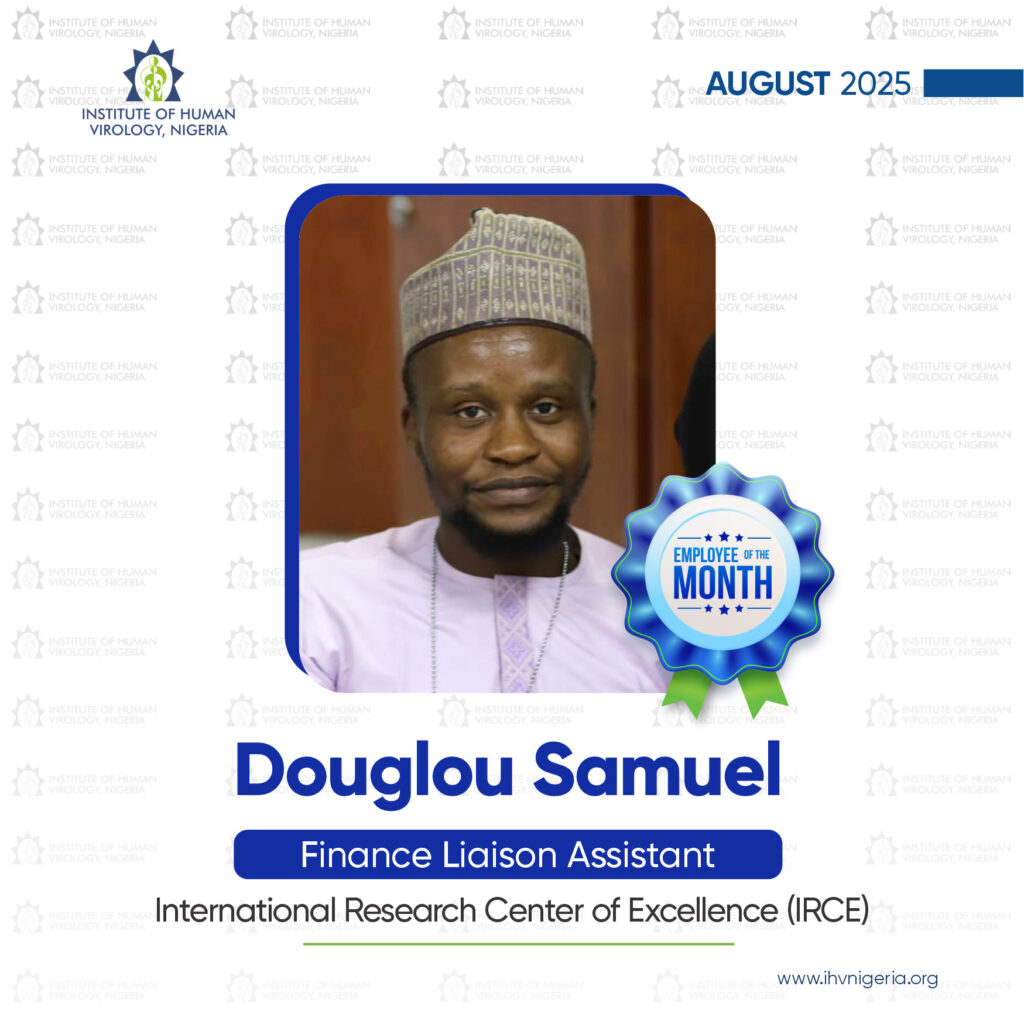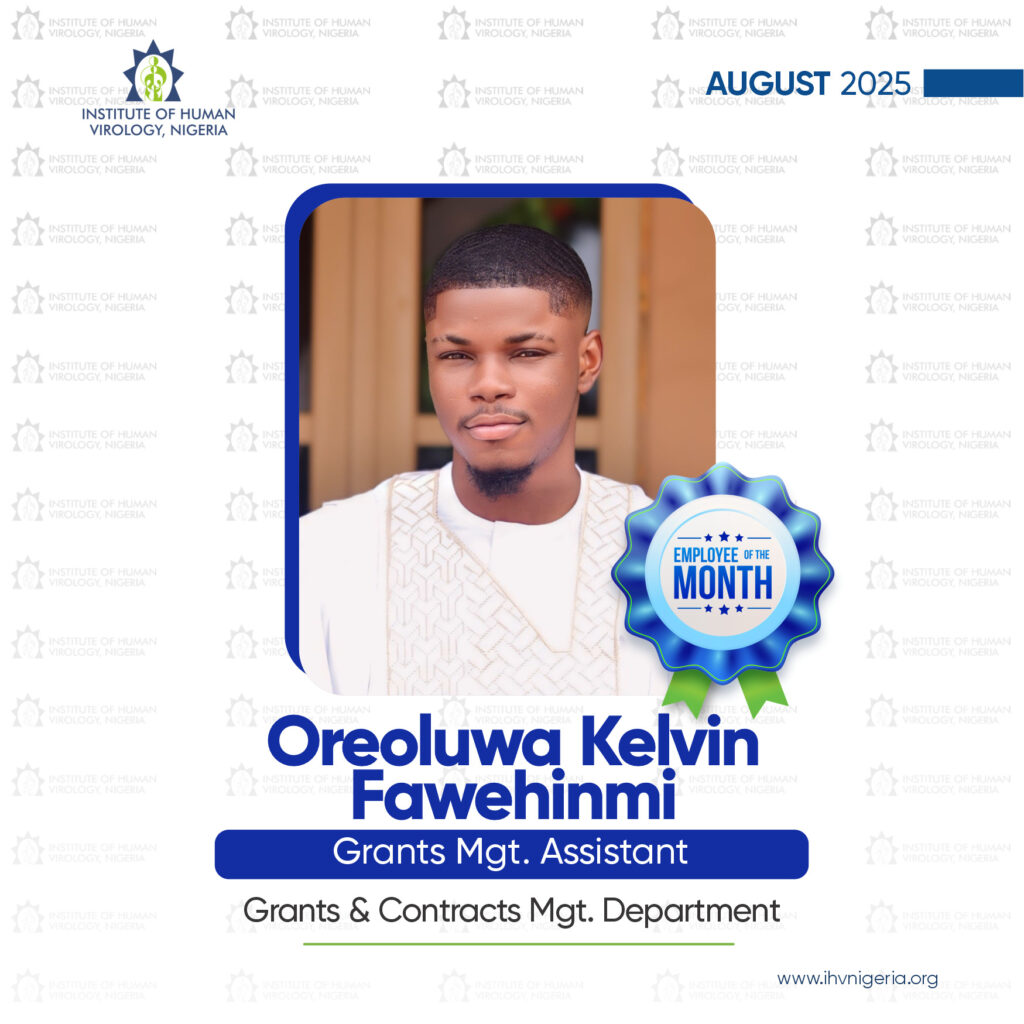No longer accepting applications for this job
The Institute of Human Virology (IHVN) is a leading and reputable non-governmental organization addressing infectious and non-infectious diseases such as HIV, tuberculosis, and cancer through prevention, diagnosis, treatment, capacity building, research, care, and support services. IHVN is in partnership with local and international organizations and the different tiers of the government of Nigeria at the national, state, and local levels. The Institute aims to provide quality health services, capacity building, and research in West Africa and beyond.
To advance research on anal cancer prevention research in vulnerable populations living with HIV in Nigeria through the IMPACT study, IHVN is seeking for qualified candidates for the following position:
| Position | IMPACT Study Physician |
| Job Type | Full Time (2 Year Contract Position) |
| Department | International Research Centre of Excellence |
| Reports to | Principal Investigator/Head Trust Clinic |
| Location | Abuja |
Opening Date: 30th October, 2025
Closing Date: 10th November, 2025
Job Dutie & Responsibilities
- Will undergo and complete cancer prevention training on the job and will maintain their certification throughout the duration of the position.
- Gently communicate with vulnerable patients about the pathogenesis of human papillomavirus (HPV), the risk of developing anal cancer, and the options for prevention and treatment procedures.
- Assess patients for anal cancer by conducting anal swabbing, digital anal rectal examination, and high-resolution anoscopy (HRA)-directed biopsy sampling for histology diagnosis.
- Document cases in logbook on REDCap include notes about the procedure and impressions.
- Work with pathology and communicate histological findings, implications of a high-grade precancer (HSIL) diagnosis as well as discussing the treatment plan with the patient.
- Treat patients for high-grade precancerous lesions (HSIL) using hyfrecation/electrocautery for ablation. Prescribe medications as indicated.
- Evaluate treatment progress, assess health and well-being of the patient, and document findings.
- Refer patients for further care for any dysplasia that cannot be addressed at the clinic level and any suspected cases of cancer.
- Encourage participants to return for annual anal cancer screening.
- Engage with the study and implementation science teams to improve the development of the program.
- Participate in weekly and biweekly IMPACT Local and International meetings respectively.
Skills and Competence
- Must possess a degree in Medical Sciences (MBBS or equivalent). Post graduate qualification/Master’s level training in Public Health or Epidemiology is an advantage.
- Must be registered with the Medical and Dental Council of Nigeria and possess a current medical practicing license.
- Having a fellowship in Surgery or O&G is an advantage.
- Previous experience in HIV-related, implementation science, or cancer research is an advantage.
- Good knowledge of current trends and normative guidance in HIV or cancer clinical care and service delivery amongst vulnerable population will be an advantage.
Educational qualifications and experience
- Must possess a degree in Medical Sciences (MBBS or equivalent). Post graduate qualification/Master’s level training in Public Health or Epidemiology is an advantage.
- Must be registered with the Medical and Dental Council of Nigeria and possess a current medical practicing license.
- Having a fellowship in Surgery or O&G is an advantage.
- Previous experience in HIV-related, implementation science, or cancer research is an advantage.
- Good knowledge of current trends and normative guidance in HIV or cancer clinical care and service delivery amongst vulnerable population will be an advantage.
Safeguarding (PSEAH):
- As an organization, IHVN takes the issue of Protection against Sexual Exploitation, Abuse and Harassment (PSEAH) seriously, because safeguarding the people we interface with in all our programmatic work is of the utmost importance to us.
- IHVN only recruits’ representatives who are suited and abides to the strict responsibility of SEAH.
- By applying to this role, you are agreeing to IHVN carrying out a background check on you with respect to SEAH records and you also confirm that not before or after being hired will you breach the IHVN policy on SEAH.
Equal employment opportunity statement
IHVN is an equal employment employer. We do not engage in practices that discriminate against any person employed or seeking employment based on religion, gender, national or ethnic origin, age, marital status, genetic information, or any other status or characteristic protected under applicable laws.
Mode of Application:
- Application letter and detailed curriculum vitae in Microsoft Word format should be forwarded to the Assistant Director, Human Resources through this email address: [email protected] This e-mail address is being protected from spambots. You need JavaScript enabled to view it
- This advert is open from 2nd February,2025 and only shortlisted candidates will be contacted.

